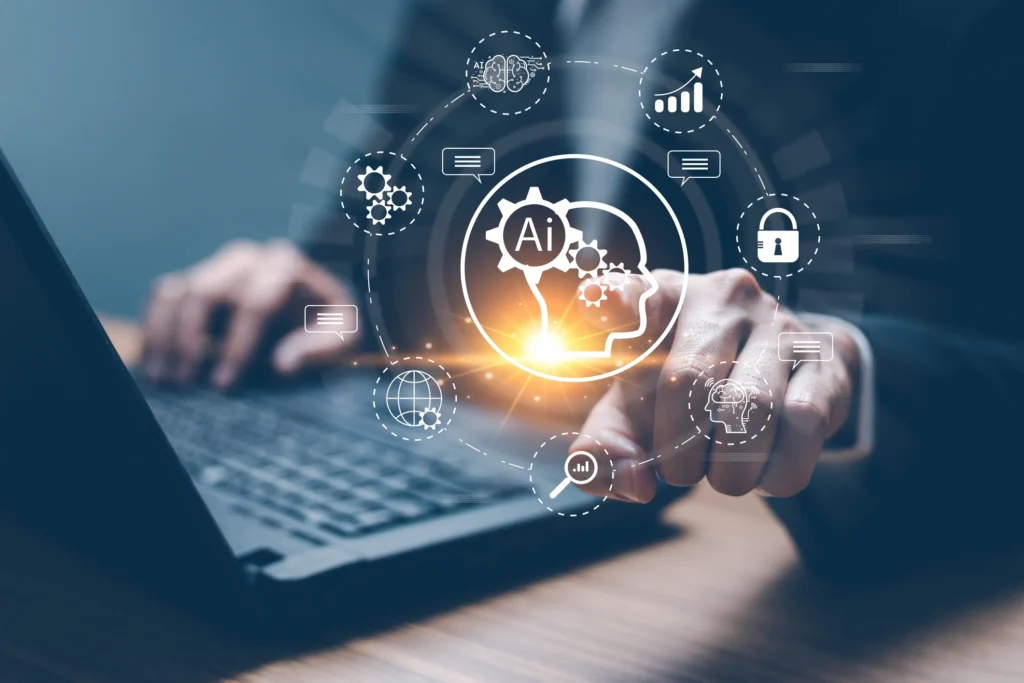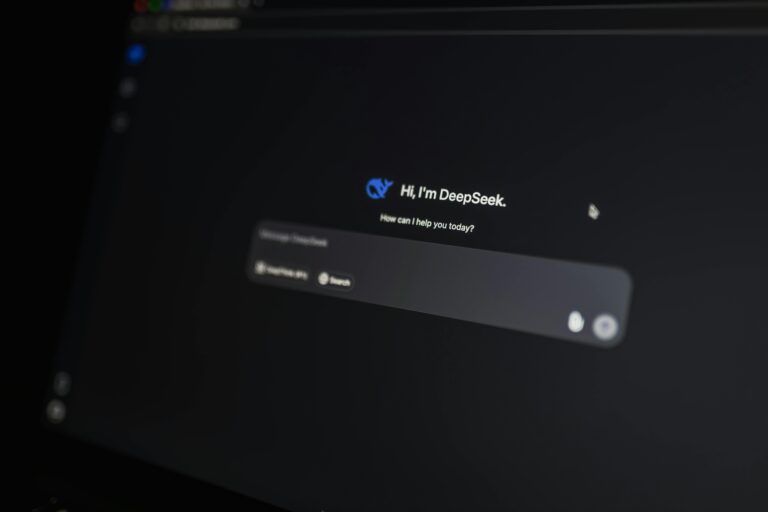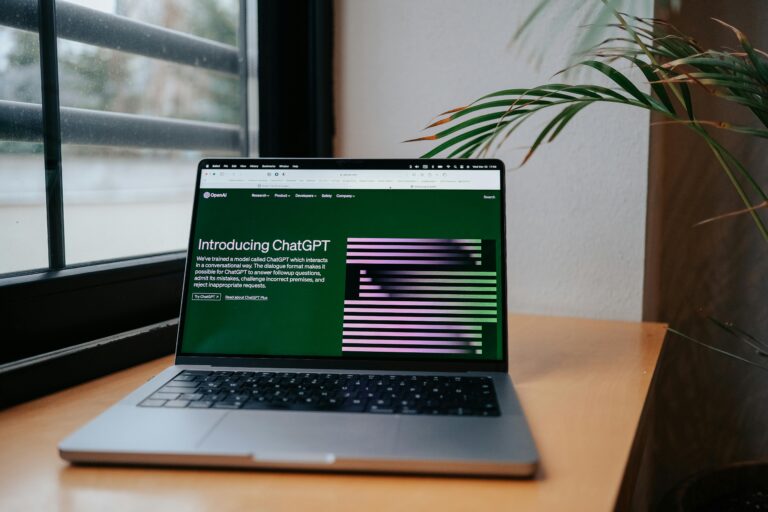
In today’s fast-paced digital world, market research plays a pivotal role in shaping successful business strategies. The traditional methods, while still valuable, can be time-consuming and expensive. Enter Artificial Intelligence (AI)—a game-changer in every stage of market research. From identifying trends to analyzing customer behavior, AI tools make research faster, smarter, and more accurate.
In this article, we’ll explore how AI can streamline each step of the market research process, along with real-world examples and tools that businesses in the United States can leverage.
1. Defining Your Research Problem with AI
The first step in any research project is defining the problem. AI can assist here by analyzing massive amounts of data and identifying patterns that help pinpoint exactly what needs to be studied. AI-powered tools can gather information from multiple sources, including social media, reviews, and competitor data, to clarify research objectives.
Suggested Tools:
- Crimson Hexagon – Uses AI to analyze social media conversations, news articles, and more to help businesses define clear research objectives.
- Surveysparrow – Offers AI-backed survey design suggestions based on previous data.
Brand Example:
Brands like Nike use AI to track customer sentiments and product feedback across social channels, which helps them define areas for deeper research, such as customer preferences or market trends.
Also Read : Psychology of Buying: What Influences a Consumer’s Purchase Decisions
2. Data Collection Made Easy with AI
Once you have your research question, it’s time to collect data. AI significantly reduces the effort here by automating data collection and extracting insights from large data sets. With AI, you can analyze structured (e.g., sales data) and unstructured (e.g., customer reviews, social media posts) data simultaneously.
Suggested Tools:
- Google Analytics – AI-powered insights for tracking customer behavior, conversion trends, and online activity.
- Clearbit – AI tool that gathers information from web visitors to enhance market data.
Brand Example:
Spotify employs AI to collect vast amounts of data from its users to understand music preferences and create tailored playlists, making data collection effortless and accurate.
continue reading…


